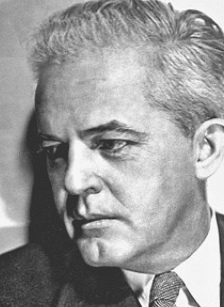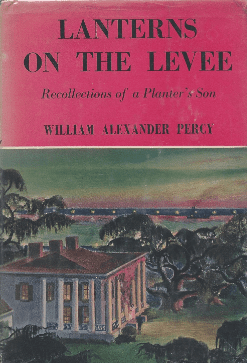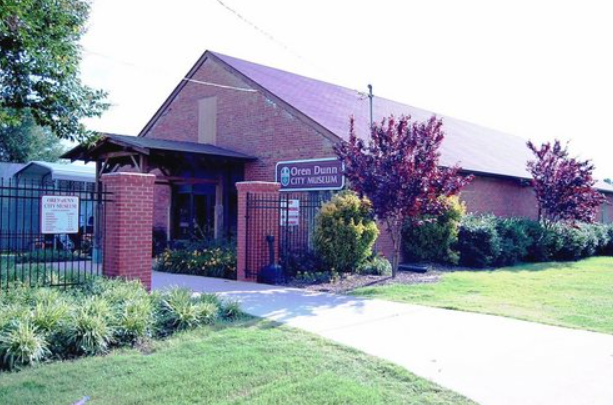
- The bestseller bridges the interval between the semi feudal South of the 1800s and the anxious South of the early 1940s.
William Alexander Percy, born in 1885 in Greenville, Mississippi, was a Harvard Law School graduate, poet, and owner of Trail Lake Planting Company. His estate has donated the original handwritten manuscript of Percy’s 1941 autobiography and bestseller, Lanterns on the Levee: Recollections of a Planter’s Son, to the Mississippi Department of Archives and History (MDAH).
In Lanterns on the Levee, Percy reflects on pivotal events such as the devastating Mississippi River flood of 1927, as well as the profound societal transformations that occurred in the South during the Progressive Era, World War I, and the Great Depression.

Percy died on January 21, 1942, in Greenville at age 56.
Concerning the Great Flood, Percy, who had been appointed chairman of the Flood Relief Committee and the local Red Cross, found himself “charged with the rescuing, housing, and feeding of sixty thousand human beings and thirty thousand head of stock. To assist me in the task I had a fine committee and Father’s blessing, but no money, no boats, no tents, no food.”
The book details the flood along with the problems, successes, and failures, and in it Percy describes the nightmare as, “thirty-six hours coming and four months going.”
“MDAH is grateful to the Percy family for this generous donation to the archives,” said MDAH director Katie Blount. “Lanterns on the Levee is a fascinating and important book, and we are thrilled to be able to offer researchers access to the author’s original handwritten manuscript. This addition complements the Percy Family Papers at MDAH, which also includes the correspondence and papers of William Alexander Percy and his father, Sen. LeRoy Percy, providing unique insight into Delta culture and society of the day.”
Percy was raised within the shelter of old traditions, aristocratic in the best sense, and was brought face-to-face with the difficulties of a changing world. Lanterns on the Levee is his memorial to the South. In describing life in the Mississippi Delta, Percy bridges the interval between the semi feudal South of the 1800s and the anxious South of the early 1940s. The rare qualities of this classic memoir lie not in what Percy did in his life—although his life was exciting and varied—but rather in the intimate, honest, and soul-probing record of how he brought himself to contemplate unflinchingly a new and unstable era.

The book was published in 1941, just one year before Percy’s death at the age of 57. In the 1973 introduction to the book written by Percy’s nephew and adopted son, Walker Percy, he recalls the strong character and easy grace of “the most extraordinary man I have ever known.”
The donation to MDAH consists of nine notebooks of the manuscript of Lanterns on the Levee, in addition to sheet music with Percy’s poetry set to musical compositions, and four letters from Percy to Gerstle Mack, biographer of Paul Cezanne, in which he responds to Mack’s criticisms of his manuscript.
While the collection is being processed, researchers who want to view the manuscript may request access by contacting the archival curator at the William F. Winter Archives and History Building; however, the Percy Family Papers are currently available for research in the archival reading room.
The MDAH collection also contains manuscripts by other prominent Mississippi authors, including the manuscripts of Eudora Welty novels and short story collections, such as Delta Wedding and A Curtain of Green, and the typescripts of plays by Beth Henley, including The Miss Firecracker Contest, Crimes of the Heart, and The Wake.
MDAH was founded in 1902 to collect, preserve, and provide access to the archival resources of the state. It is the second-oldest state department of archives and history in the United States. For more information, call (601) 576-6876.











